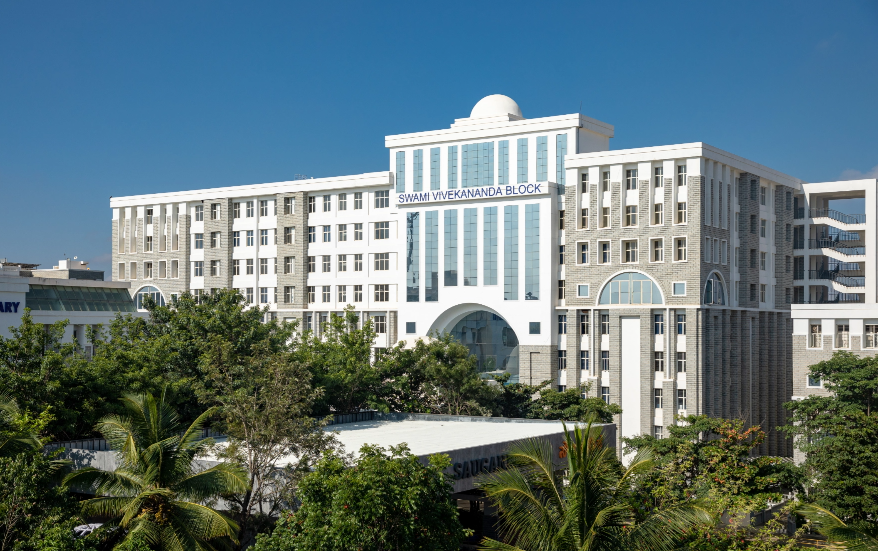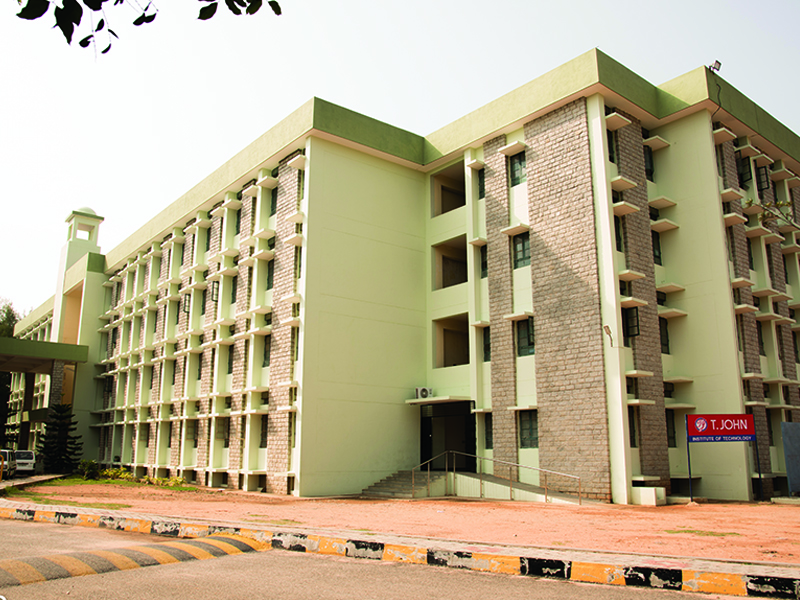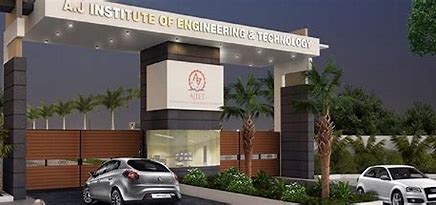Ph.D Physics is a three to five-year-long doctorate course that deals with physics and also has disciplines like Atomic and Condensed Matter Physics, Laser Physics, Particle Physics, and so on. There are many job opportunities available to students after completion of PhD in Physics degree. Some of the popular roles include Lab Supervisor, Subject Matter Expert, Researcher & Technician, Teacher & Lecturer, Scientist, Consulting Physicist, Senior Physicist, Technical Writer, Scientific Officer cum Tutor.
Students often wonder about PhD Physics course details before choosing the course. Before deciding on a career, students come across queries like, "What is a PhD in Physics course?" and "Why choose a PhD Physics degree?”. To clearly understand answers to these questions and know more about PhD Physics course, we have framed the following three pointers:
PhD Physics course prepares the students for research, topic specialists in a particular field of their advantage, and opens professional scopes for them in numerous areas. The PhD Physics course focuses on Physics and also has disciplines like Atomic and Condensed Matter Physics, Laser Physics, Particle Physics, and so on. This course concentrates on the characteristic laws in optics, traditional and quantum mechanics, power and attraction, stargazing and astronomy, biomedical material science, etc. The PhD Physics course comprises research-based subjects
The PhD in Physics duration in India is between three to five years, depending on the specialization and research students choose to pursue. PhD Physics is a research-based degree and the syllabus is an overview of the Physics subjects and research topics are based on the candidate's quest for exploration.
Physicist: A Physicist is a theoretical analyst and researcher. They develop ideas using mathematical modelling techniques and computer simulation. They make predictions and explain behaviours. experimental research – design controlled experiments to test how well theories stand up.
|
Semester I |
Semester II |
|
Atmospheric Physics |
Microtron Based Interdisciplinary Research |
|
Amorphous Solids |
Environmental Radioactivity |
|
Semester III |
Semester IV |
|
Crystal Growth & Characterization |
Nuclear and Radiation Physics |
|
Positron Annihilation Studies |
Electro-optic and NLO Materials |
|
Semester V |
Semester VI |
|
Research Project |
Research Project |
| Research Project |
Research Project |



Student Review About Course